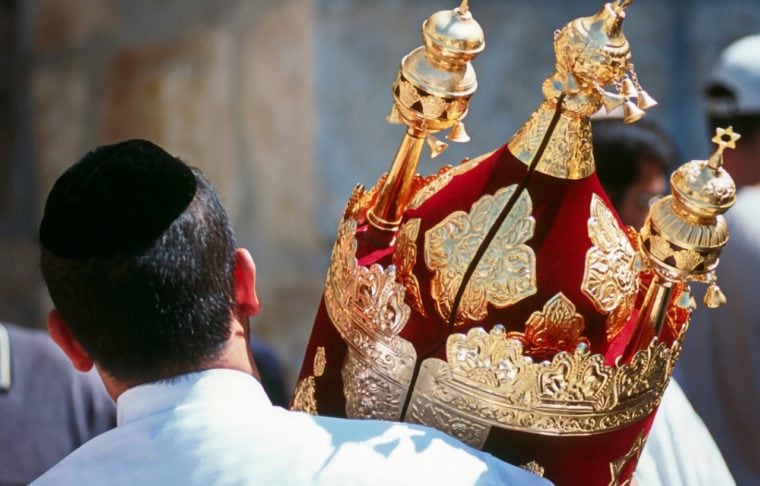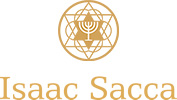Simchat Torah – Renew the commitment to the Torah

Immediately after Sukkot, we commemorate Simchat Torah. Is there a relationship between these two festivities? What can we learn from the order in which we celebrate them?
On Sukkot we inhabit a temporary and fragile hut, instead of our usual home, to bring to our hearts an elementary idea: it has no sense to value ourselves for our material possessions, because they do not make up our essence.
At Simchat Torah we dance with the Torah and rejoice at the beginning of a new annual cycle of reading and studying the Jumash (Pentateuch).
First comes Sukkot, which represents elementary moral values, and then Simchat Torah, which represents our particular covenant with God. From here we can see an essential concept: “Dérej erés kadmá laTorá”. That means, the moral values, good manners, and basic conduct of any civilized person precede the Torah.
If a person does not have strong moral values, if he does not feel ethical obligations that transcend him, if he is not on a process of refining his virtues, then the Torah will not have a positive effect on him.
The Torah is like water for the tree: if the tree has rancid and weak roots, then it will grow crooked and weak; If the tree has firm, well-established roots, then it will grow straight and robust.
When the person understands that there are universal ethical obligations, then he can truly commit to the Torah, and that commitment will positively impact his development as a person of integrity.
At this time, we once again face the challenge of renewing our commitment to the study and practice of Torah. Let’s do it out of an equally strong commitment to universal moral values. Surely, in this way we will be able to find a much richer Torah and deepen our bond with God.
Archivar

